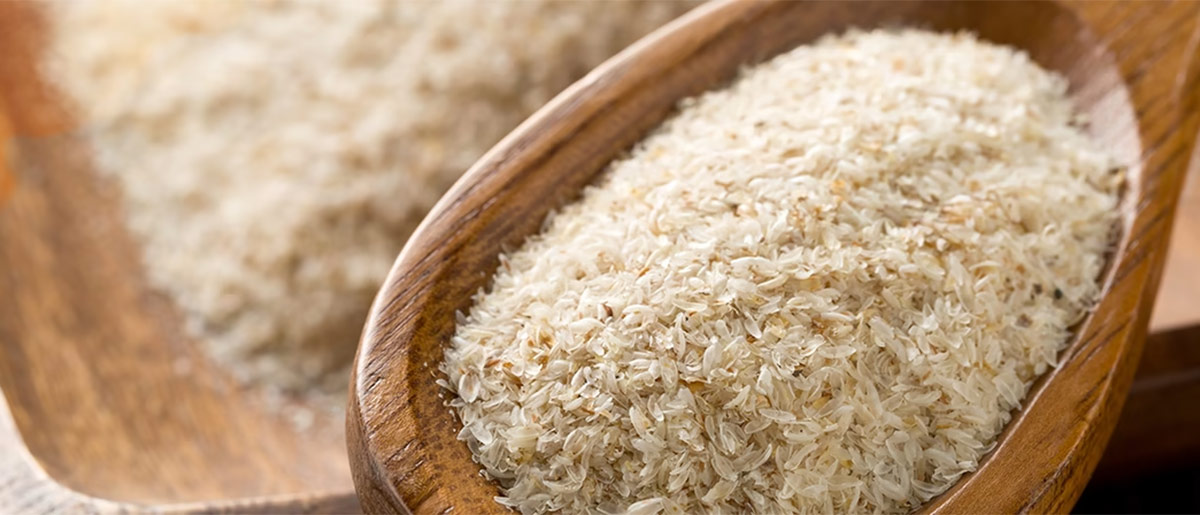HOW FIBRE HELPS YOUR DIGESTIVE HEALTH?

Have you been told to eat more fibre? Most Australians don't get enough of it1.
Turns out it’s one of the most important foods in your diet. It helps keep your digestive system running smoothly. That's why you need fibre even if you don't have a problem with constipation.
Women should get 25 grams daily, and men should have 30 grams.
Fill up on the top reasons it's so good for you.
It Keeps You Regular
“We spend a lot of money on laxatives in this country,” says Joan Salge Blake, RD, a clinical associate professor of nutrition at Boston University. But the best way to stay regular is to simply eat more fibre. It helps bulk up your stools, and keeps waste moving through your intestines, preventing constipation.
Just be sure to drink lots of water. “For fibre to work, you've got to hydrate it in your body,” Blake says. “You need plenty of fluid to move [waste] along or it can build up.”

It Boosts Good Bacteria
You may have heard of probiotics -- so-called “good” bacteria found in fermented foods (like yogurt). They help improve digestive health, among other perks.
But what about prebiotics? These are essential fibres that help those probiotics flourish inside your intestines.
“It's food for the bacteria. They feed off of it,” Blake says. Prebiotics are found in fibre-rich foods, like fruits and vegetables, although not all fibre has prebiotics. Some of the best sources: bananas, whole wheat, and corn.

It Controls Hunger
High-fibre foods are a satisfying weapon against snack cravings.
“You feel full faster, [and] you feel full for longer,” says Wanda D. Filer, MD, a family doctor in York, PA. “You might find that you lose a few pounds.”
While some fibre-rich foods like nuts are high in calories, many others like popcorn aren't. “It will fill you up before it fills you out,” Blake says. “It displaces other calories.”
If your doctor suggests that you get more fibre, it’s important to go slow. Adding too much too quickly can overwhelm your gut, causing bloating and cramping.

1http://www.australasianscience.com.au/article/issue-januaryfebruary-2014/health-check-are-you-eating-right-sorts-fibre.html


